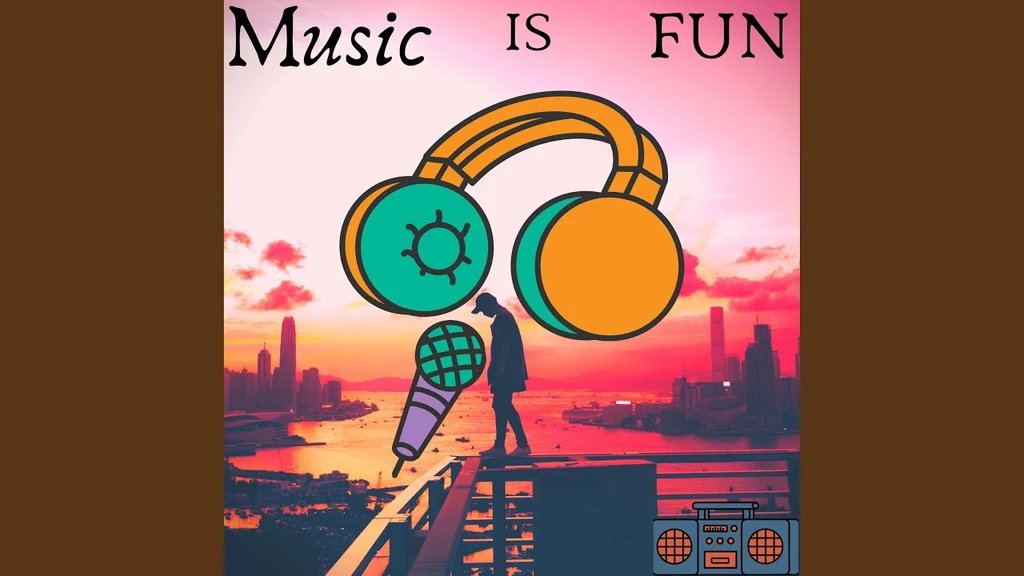The rhythms and melodies are often catchy and easy to dance to, making it a fun and enjoyable experience. Dancing to pop music can also be a great way to release stress and express emotions, as well as a way to socialize and connect with others.

- Why is pop music so popular?
- This makes sense because pop music is meant for everyone to relate to and find something that they like. Not to mention, the catchy melodies and lyrics make such songs easy to recall after listening to them just a couple of times.
- How does pop music affect our brains?
- Our brains really like patterns and pop music follows simple patterns that are easy for us to quickly pick up. Take T-Swift’s “Shake It Off” song where she says “shake it off” a whopping 44 times. This technique is called ABA where the music always circles back to something familiar.
- What makes a good pop song?
- It should be catchy and linger in someone’s mind. Pop songs tend to be shorter and bring in choruses far quicker than other genres of music. This is because the chorus is the most catchy part of the song and pop songwriters want the listener to hear it as soon as possible. Good pop songs should stand out regardless of the production behind them.
- What are the characteristics of pop music?
- Another fundamental characteristic of pop music is having an appeal to the general public instead of a specific audience. Being influenced by so many external music genres is probably the reason behind this, as the collective sound draws in listeners from just about any other genre. As such, the audience of pop music is very wide and diverse.
Why is pop music good for mental health?
1. Mood regulation: Pop music can help regulate mood by triggering the release of dopamine in the brain, a neurotransmitter associated with pleasure and reward. This can lead to feelings of happiness, relaxation, and well-being, which can help reduce stress and anxiety.
- Are pop music songs about mental health?
- Even 10 years ago, mental health was a new subject to discuss in music. Modern pop music songs are named after suicide hotlines and discuss finding yourself, as well as self-love. While these songs have encouraged mental health representation, they have also normalized feeling depressed, being unhappy and expecting the worst out of every situation.
- Is pop music good or bad for You?
- Modern pop music songs are named after suicide hotlines and discuss finding yourself, as well as self-love. While these songs have encouraged mental health representation, they have also normalized feeling depressed, being unhappy and expecting the worst out of every situation. This is not to say serious music cannot be great and helpful.
- Is music good for your brain?
- A recent survey on music and brain health conducted by AARP revealed some interesting findings about the impact of music on cognitive and emotional well-being: Music listeners had higher scores for mental well-being and slightly reduced levels of anxiety and depression compared to people overall.
- What are the health benefits of listening to music?
- Listening to music benefits us individually and collectively. Here’s what research tells us about the power of music to improve our physical, mental, and emotional health. Researchers think one of the most important functions of music is to create a feeling of cohesion or social connectedness.
Why does pop music make you happy?
We get dealt a healthy dose of dopamine. Research has found that when a subject listens to music that gives them the chills, it triggers a release of dopamine to the brain. And if you don’t know, dopamine is a kind of naturally occurring happy chemical we receive as part of a reward system.

- How does Music Make you Happy?
- Music creates happiness in several profound ways. It can touch us deeply. Listening to music can make use feel the full range of emotions from happy to depressed. What’s more, music releases dopamine in your brain. Dopamine is the chemical that can help improve your mood and make you happier.
- Why do people listen to pop songs?
- Music journalist Charlie Harding, who hosts the Switched On Pop podcast, agrees there’s been “an important psychological change” in people’s listening habits. “During moments of great distress, music provides hope. A pop song gives us permission to access joy, even when the world is burning. “But music is more than just escapism.
- Does K-pop make you happy?
- My brother also told me to “ignore scandals and rumours” and listen to the music and watch the visuals. Honestly K-pop doesn’t just make me happy. It makes me feel all sorts of things. Also, as American music got darker and angrier over the past 15 years, K-pop became a more favored type of music to listen to.
- Why do we love music so much?
- “During moments of great distress, music provides hope. A pop song gives us permission to access joy, even when the world is burning. “But music is more than just escapism. It can help us imagine a different way of life. Protest anthems motivate us to keep marching in the streets even when our feet are tired.






